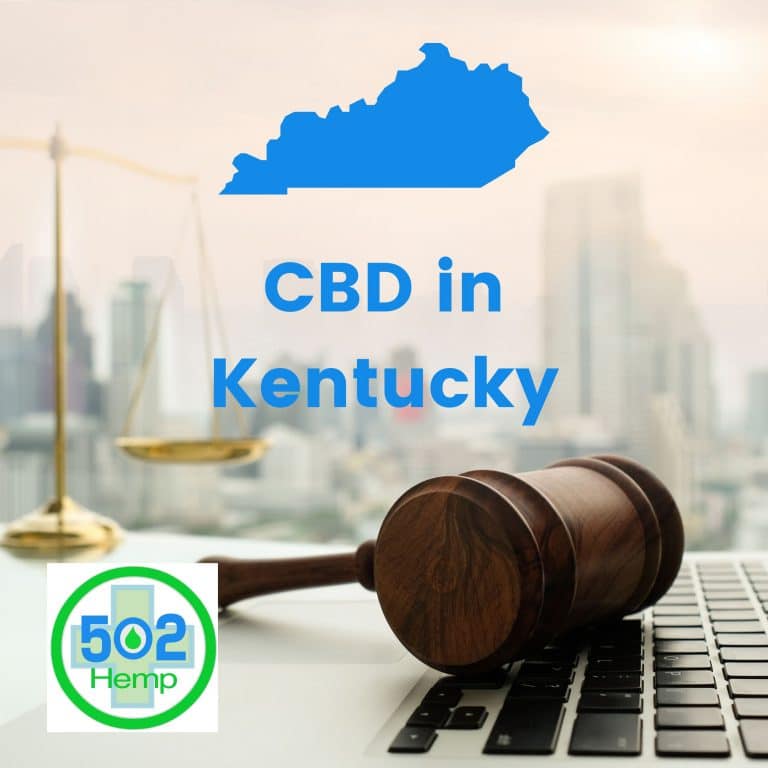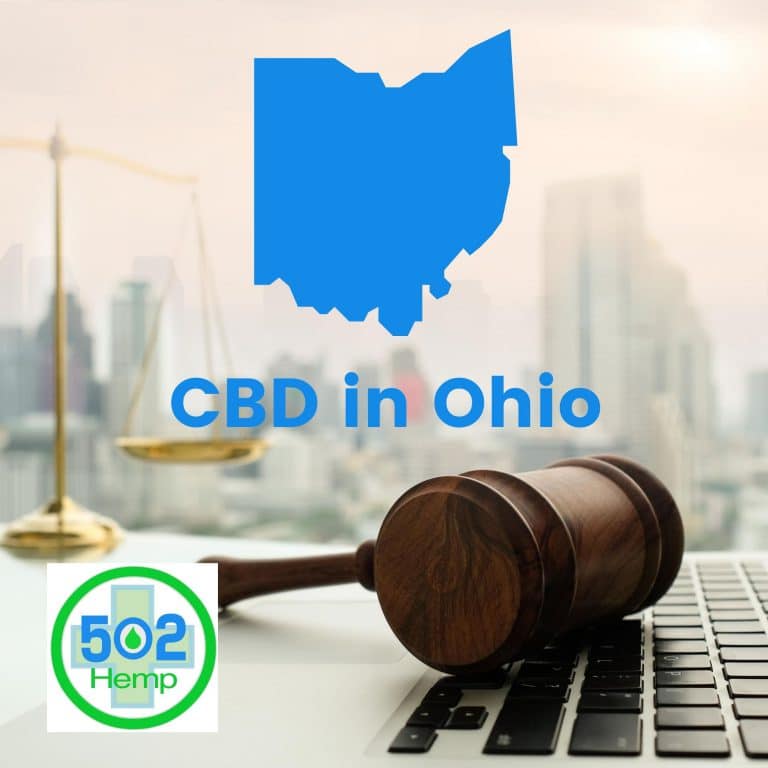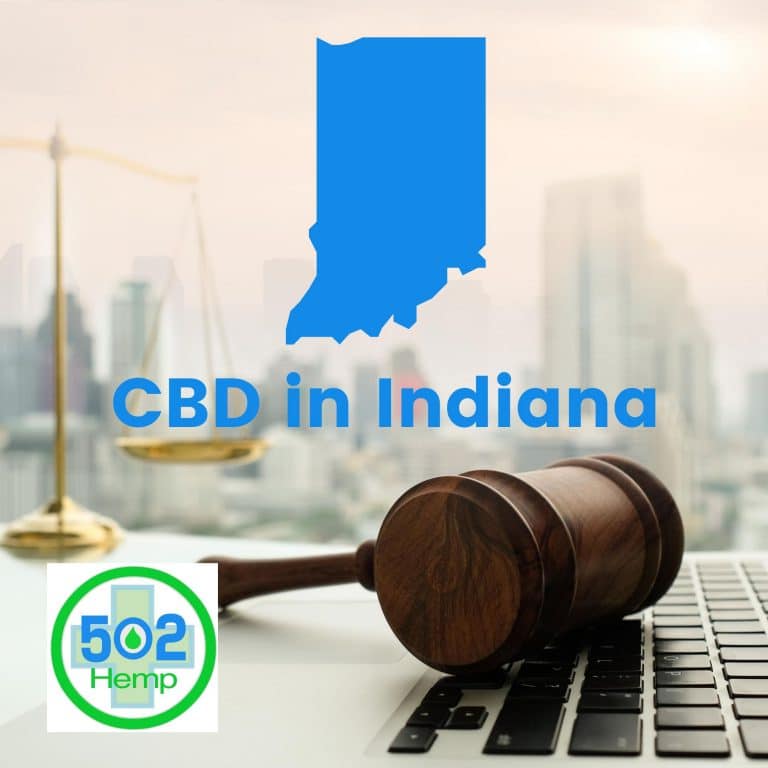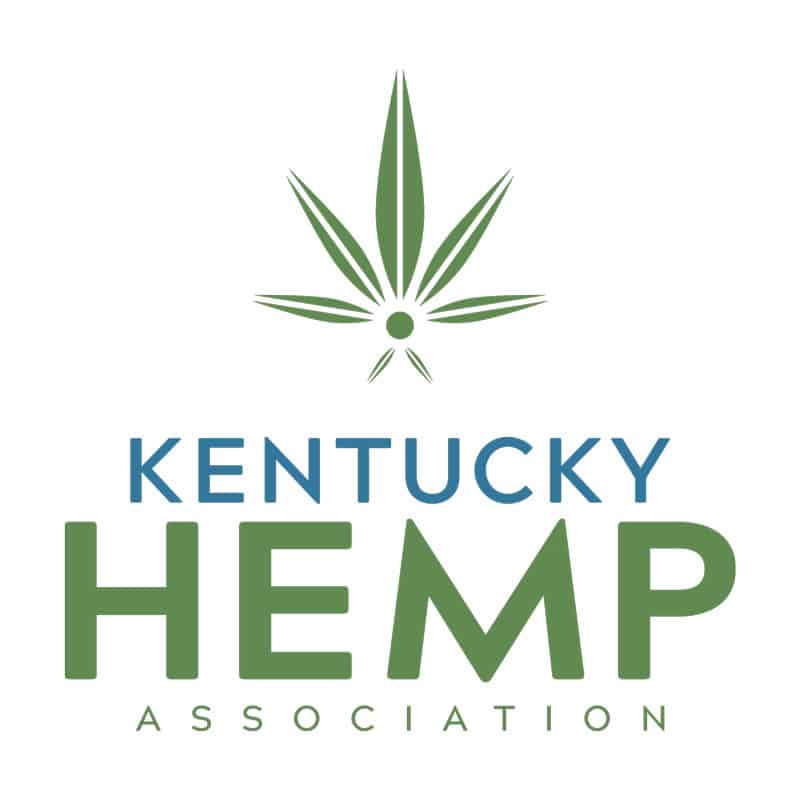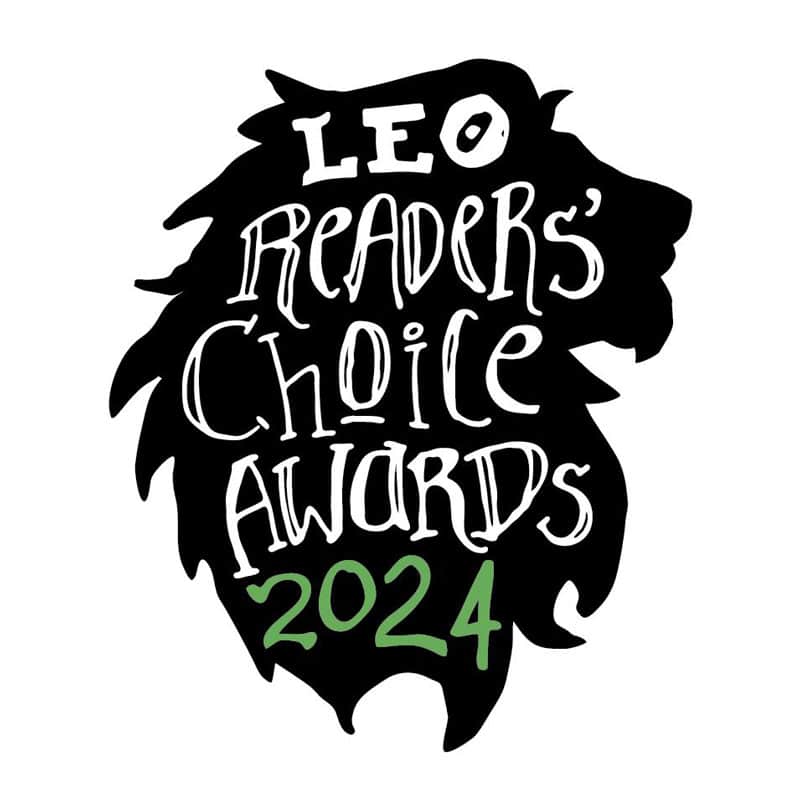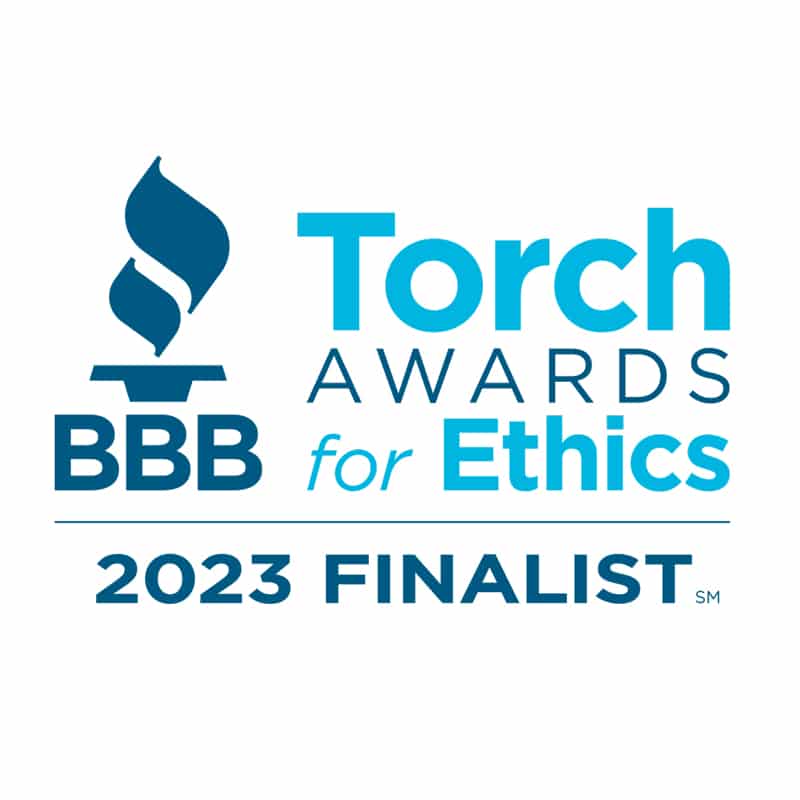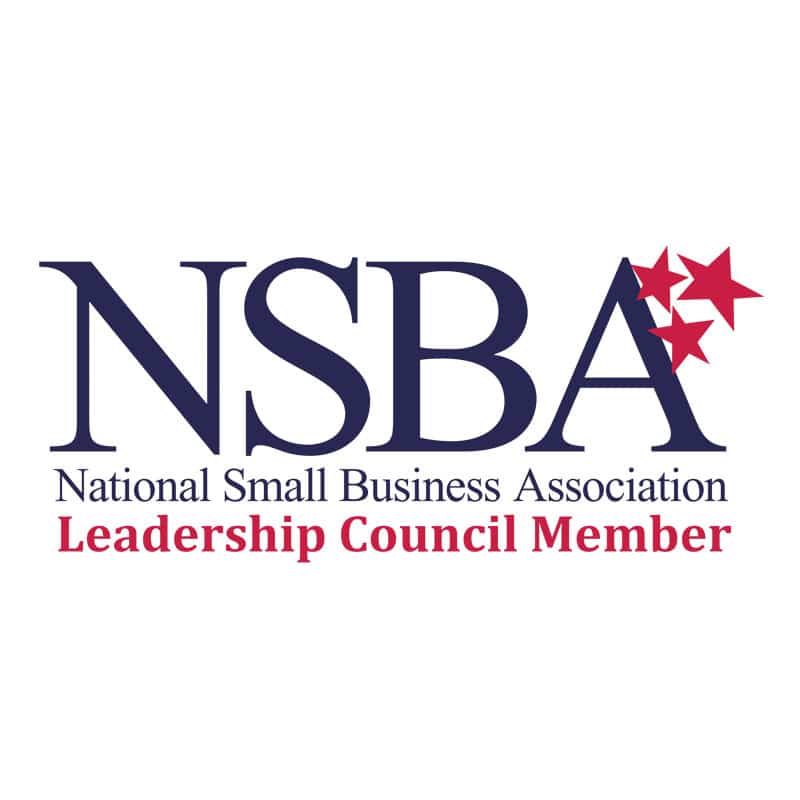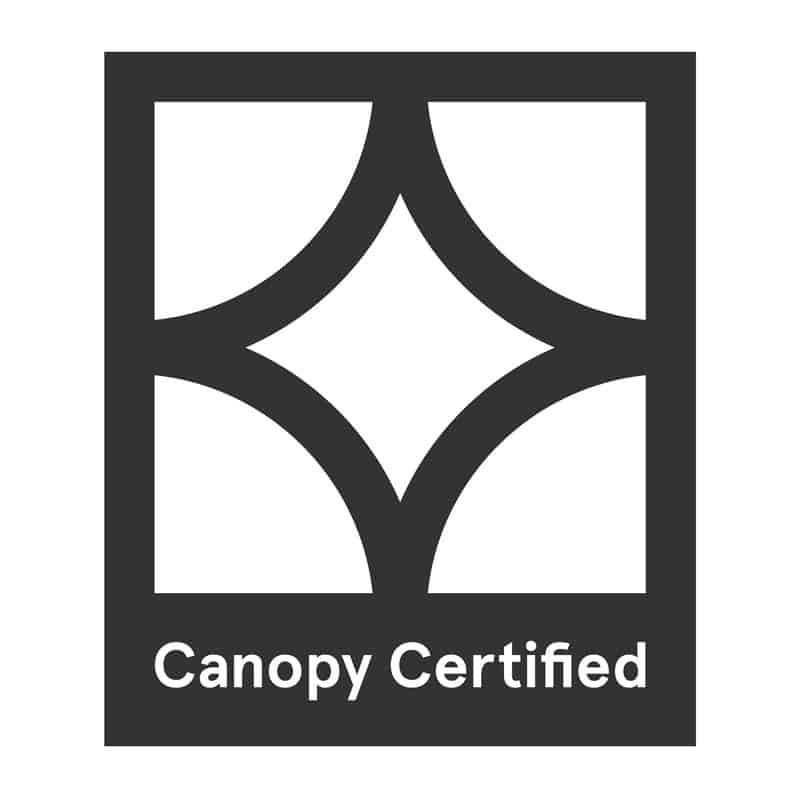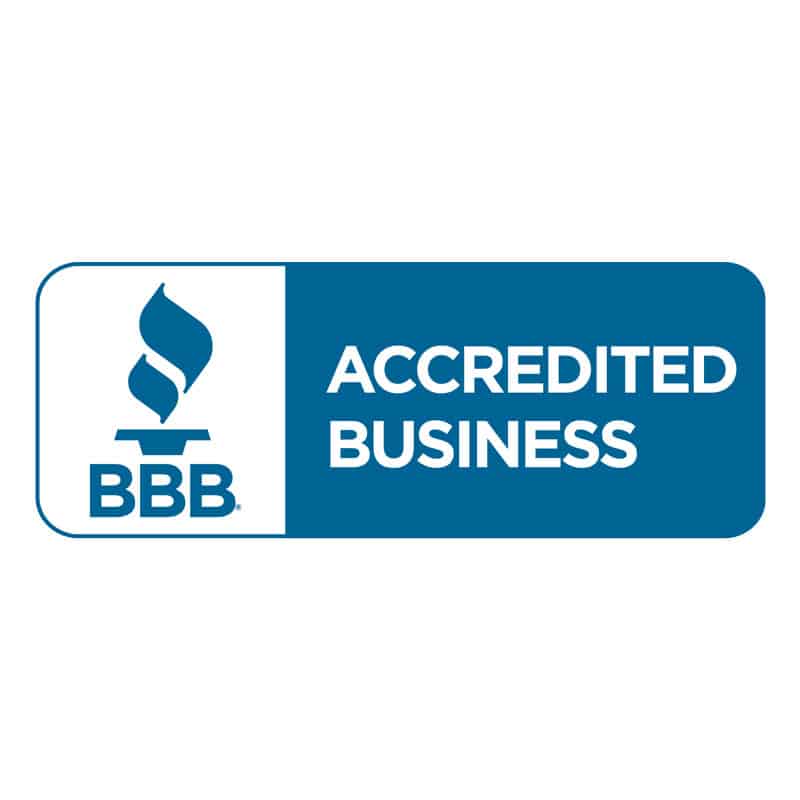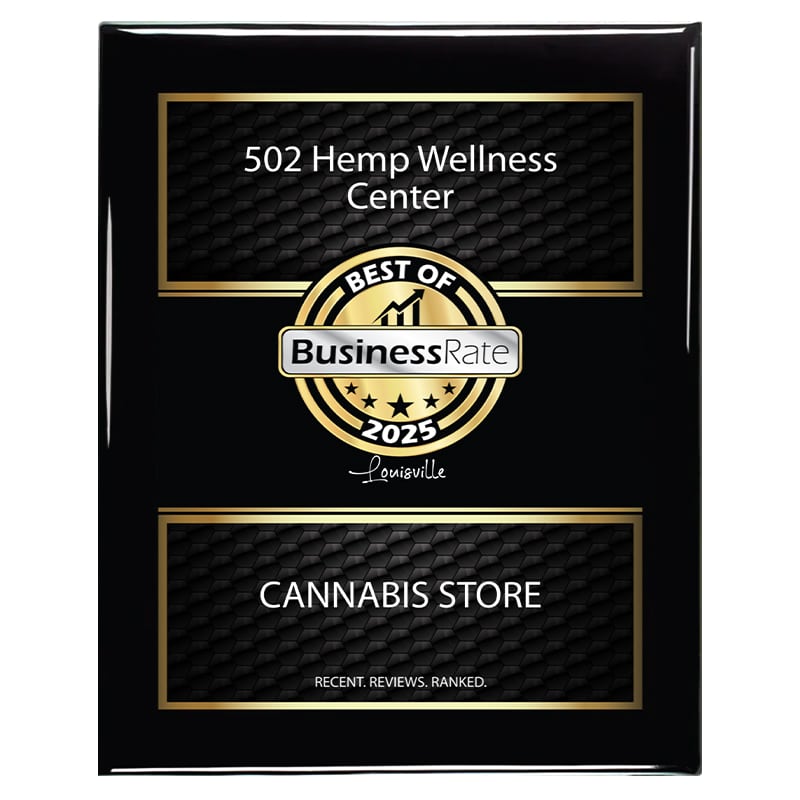The production and possession of CBD products with less than 0.03% of THC are federally legal. However, each state has its own hemp regulations that can affect the possession of CBD, cannabis, and other hemp products. Colorado has several laws and regulations concerning types of hemp products. It is important to understand each type of hemp or cannabis product and how it is regulated.
CBD in Colorado
Hemp was recorded in the Denver post to be grown in Colorado around the early twentieth century. Banned in 1937, hemp made a comeback in Colorado in 2000 for medicinal purposes. In 2012, Amendment 64 of Senate Bill 13-283 allowed for hemp and marijuana to become legal with specific stipulations. Colorado is one of the few states that have laws that allow and give specific guidelines for CBD in food items.
CBD & Hemp Regulations
CBD in Colorado is legal but must be less than 0.03% of THC to sell and possess. Hemp products with more than o.o3% of Delta 8 are considered illegal within the state. Hemp products with more than 0.03% of THC are classified as marijuana. Medicinal marijuana is legal in Colorado with stipulations. Recreational marijuana is legal for persons over 21 yrs and unlike CBD, public use of marijuana is not prohibited. Marijuana users can still benefit from CBD use as details in our CBD education center.
When searching for quality CBD products, 502 Hemp creates CBD products with organic industrial hemp. If a product contains THC, there is no more than 0.03% of THC. While Colorado may allow for more types of hemp products, other states do not. Some states are stricter than the 2018 Farm Bill when it comes to CBD products. When traveling from state to state research laws on CBD and hemp.

